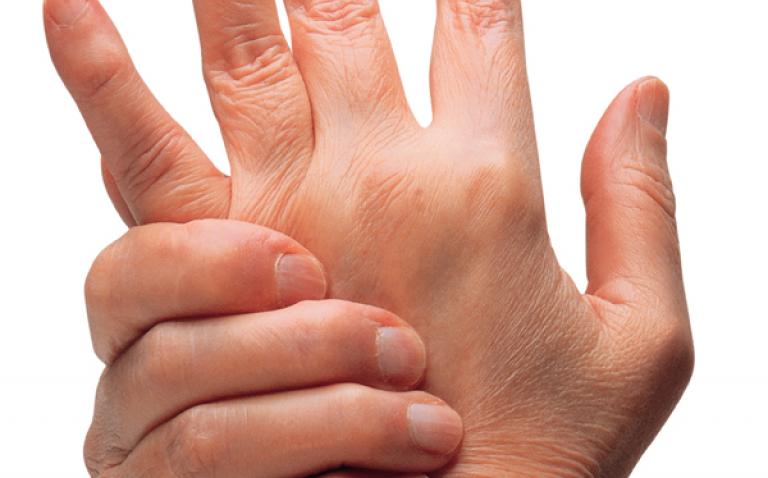From this month, primary care, mental health, care and ambulance NHS trusts across England and Wales have committed themselves to promoting hand hygiene to all healthcare workers.
They have signed up to the National Patient Safety Agency’s (NPSA’s) award-winning cleanyourhands campaign, which has up until now predominantly focused on acute trusts.
The campaign aims to reduce the spread of preventable healthcare associated infections, such as MRSA and Clostridium Difficile, by improving the hand hygiene of healthcare workers. Staff are prompted to clean their hands using either alcohol handrub or soap and water at the critical time and place – where and when patient care is provided.
The campaign has been very well received since it launched in 2004 and has now been adopted by all NHS hospitals in England and Wales. Last month also saw a successful launch of the campaign in Northern Ireland’s Health and Social Care acute bodies.
Following the successful testing of the campaign by 19 pioneer organisations representing the different care settings, it is now being rolled out to the remaining NHS trusts. So far 89% of primary care trusts, 83% of mental health trusts and 75% of care trusts have signed up in England and Wales, and it has been particularly welcomed by ambulance trusts where 100% are backing the campaign.
This means that a variety of healthcare workers such as doctors, care assistants, allied health professionals, nurses, opticians, dentists, physiotherapists and paramedics in a wide range of settings, including community hospitals, clinics, health centres, and people’s homes, now have access to the campaign’s valuable promotional materials and support.
Speaking of the launch, Chief Executive, Martin Fletcher said: “Healthcare associated infection is not just a problem for hospitals. The extension of the cleanyourhands campaign to other healthcare settings aims to take a system-wide approach to the improvement of hand hygiene.
“These days many patients often travel between different healthcare settings to receive their care, meaning that there is a greater risk that infections are being spread. Good hand hygiene among healthcare workers is one of the most critical factors in reducing this.
“Our aim is to make hand hygiene an integral part of day-to-day healthcare. The cleanyourhands campaign offers healthcare organisations the opportunity to address both the systems and behavioural factors that contribute to low compliance with hand hygiene. If effectively implemented, the campaign will improve the quality of care and contribute to the reduction of preventable infections.”
Leading up to this month’s launch, all participating trusts completed a three-month preparation period to ensure the processes were in place to manage the campaign and staff at all levels were involved.
The campaign materials include posters that are changed monthly and leaflets aimed at patients, and have been distributed to all participating organisations. Patient leaflets and stickers can be seen with the phrase “It’s OK to ask”, designed to encourage patients and visitors to feel comfortable in reminding healthcare workers to clean their hands if they think they have forgotten.
The campaign materials are provided free of charge to participating organisations. However, trusts will continue to purchase and provide alcohol handrub themselves.
Any trusts who have not registered for the campaign will have the opportunity to join when the second stage of the campaign is rolled out in 2009.
Take part in our visitor survey now!
Your comments (Terms and conditions apply):
“Hand hygiene compliance is paramount and one of the primary factors in infection prevention. It is everyone’s responsiblity to adhere to this: staff, patients and visitors. Because, regardless of status, we are all potential clients of healthcare. But I do expect healthcare workers to lead by example.” – Bev Hurst, Wigan, UK










